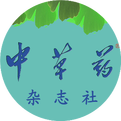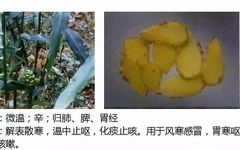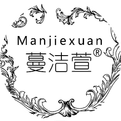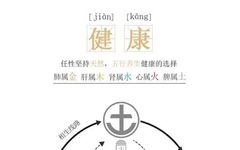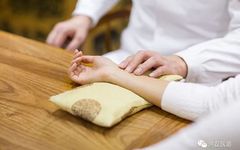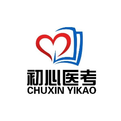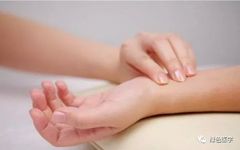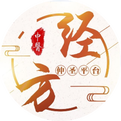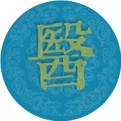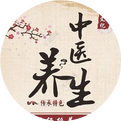Comparison of Traditional Chinese Medicine Decoctions, Extracts, and Granules
Traditional Chinese Medicine (TCM) has a long history in our country, guided by the theoretical principles of TCM, demonstrating unique advantages and specific therapeutic effects in disease prevention, treatment, and health recovery, which has garnered widespread attention.[1] The efficacy of a drug primarily depends on its inherent properties; however, under certain conditions, the dosage form … Read more

